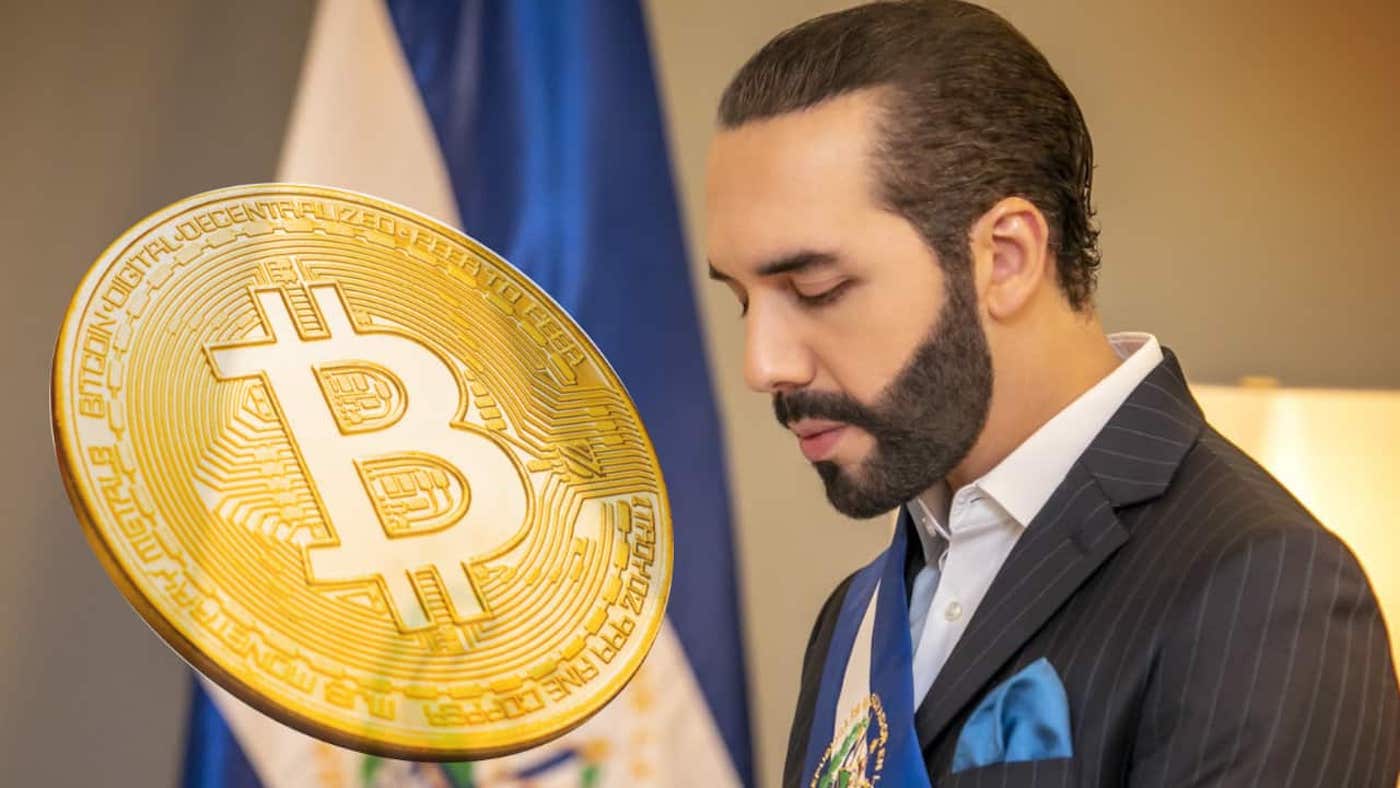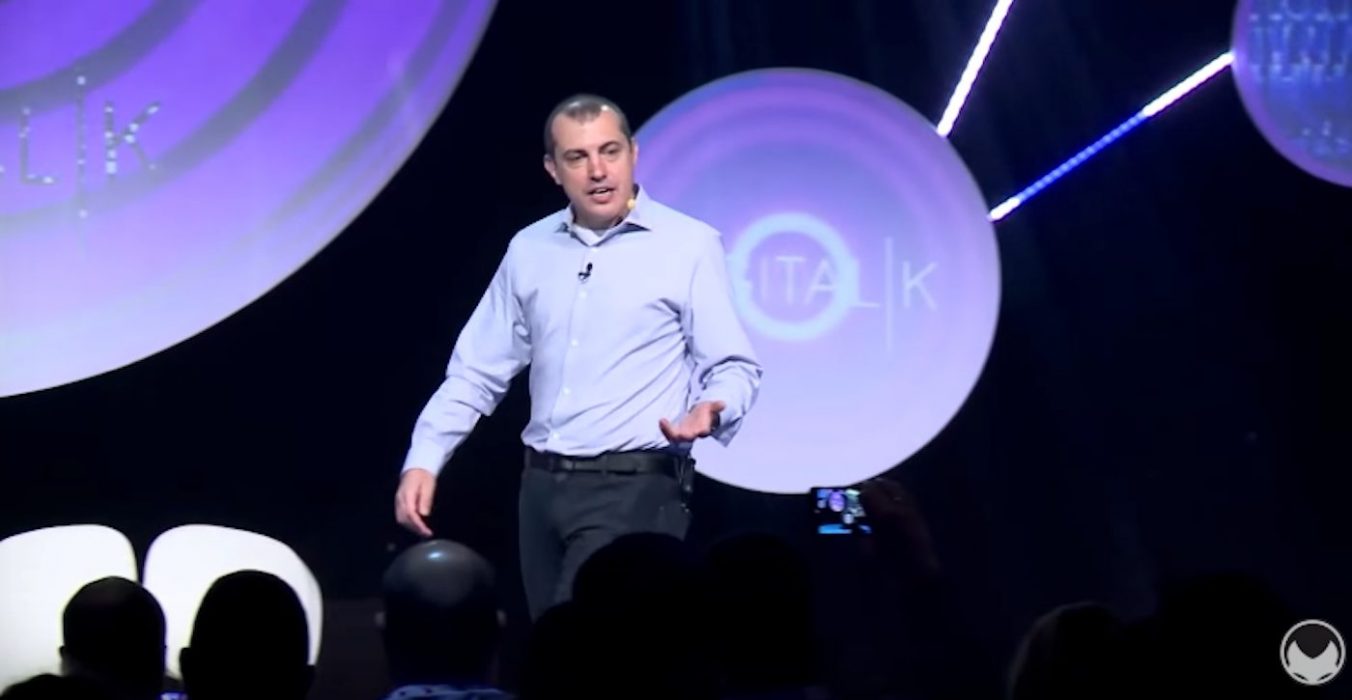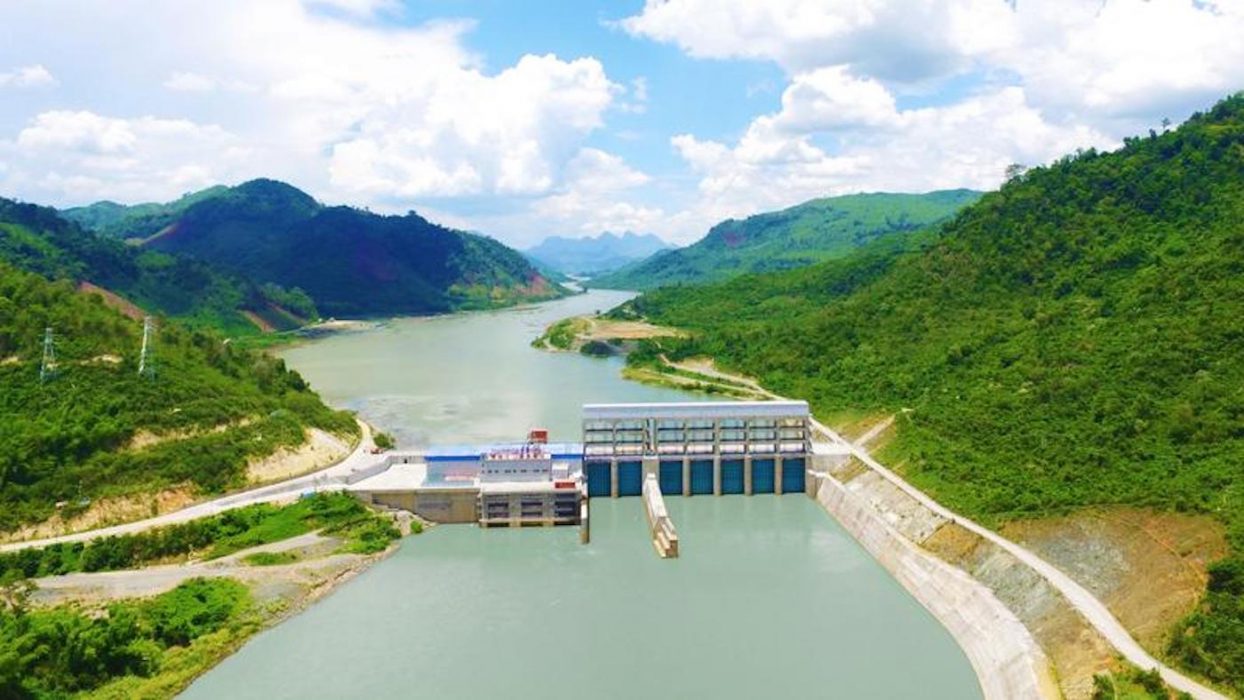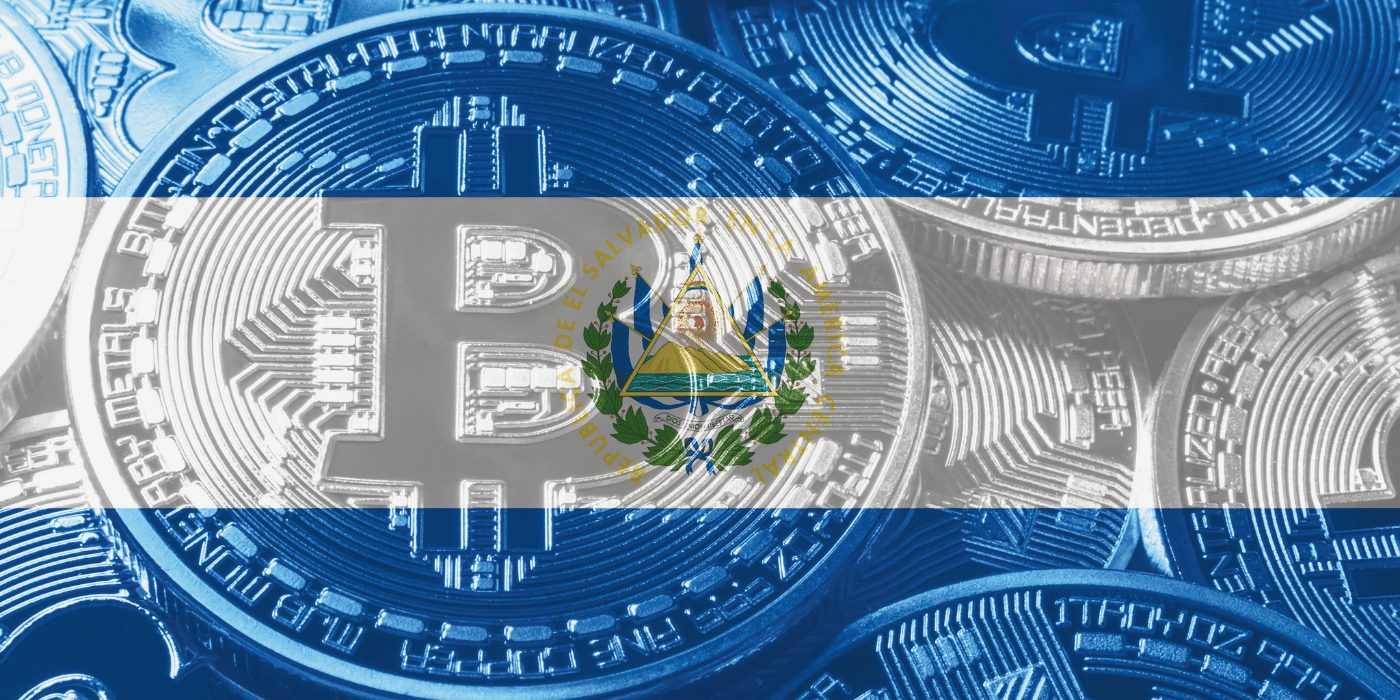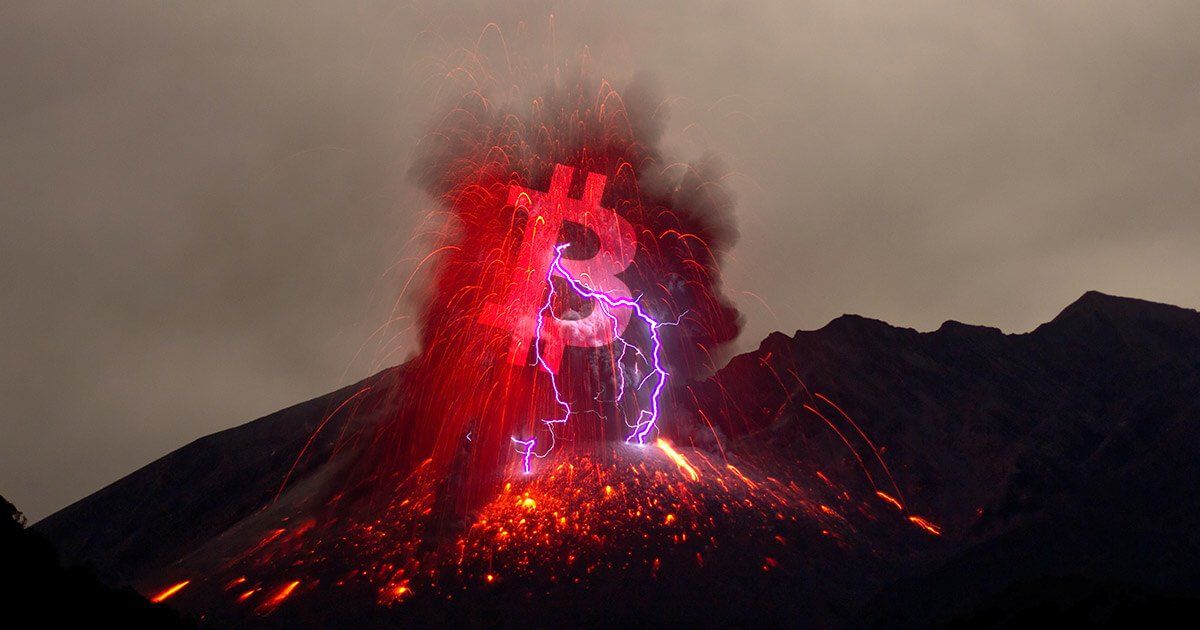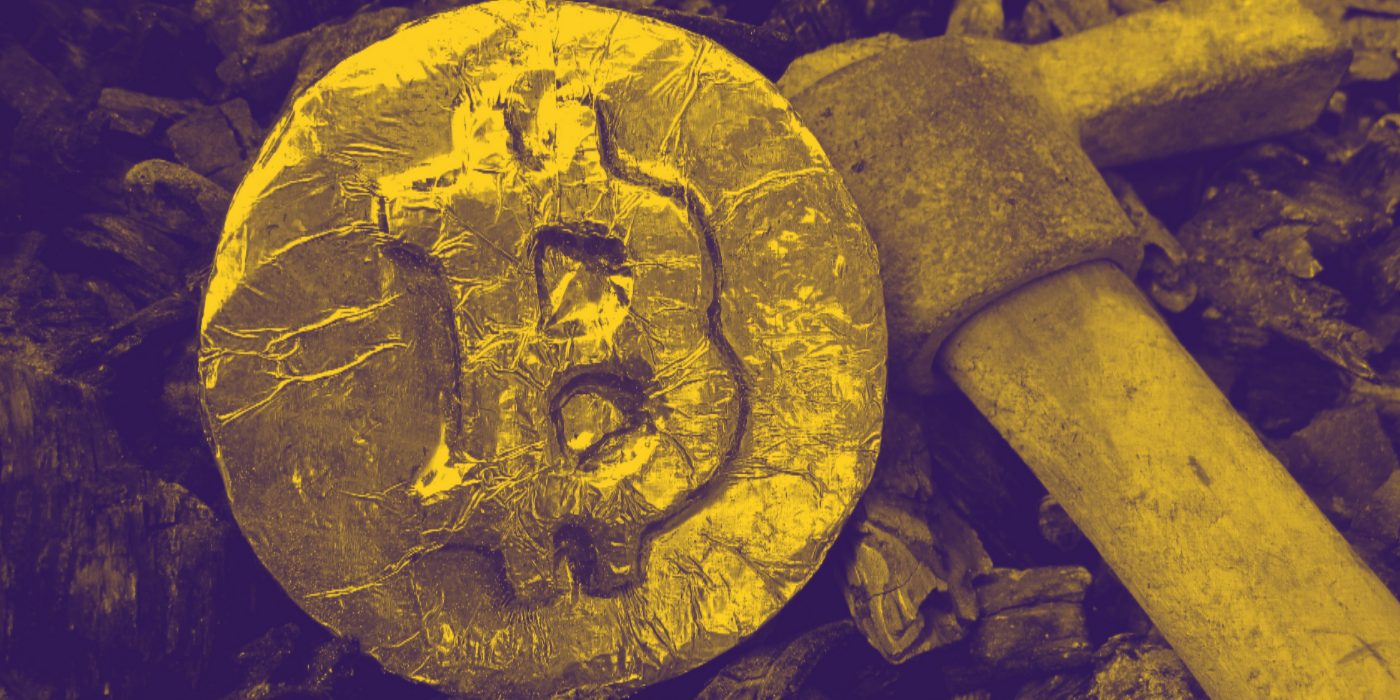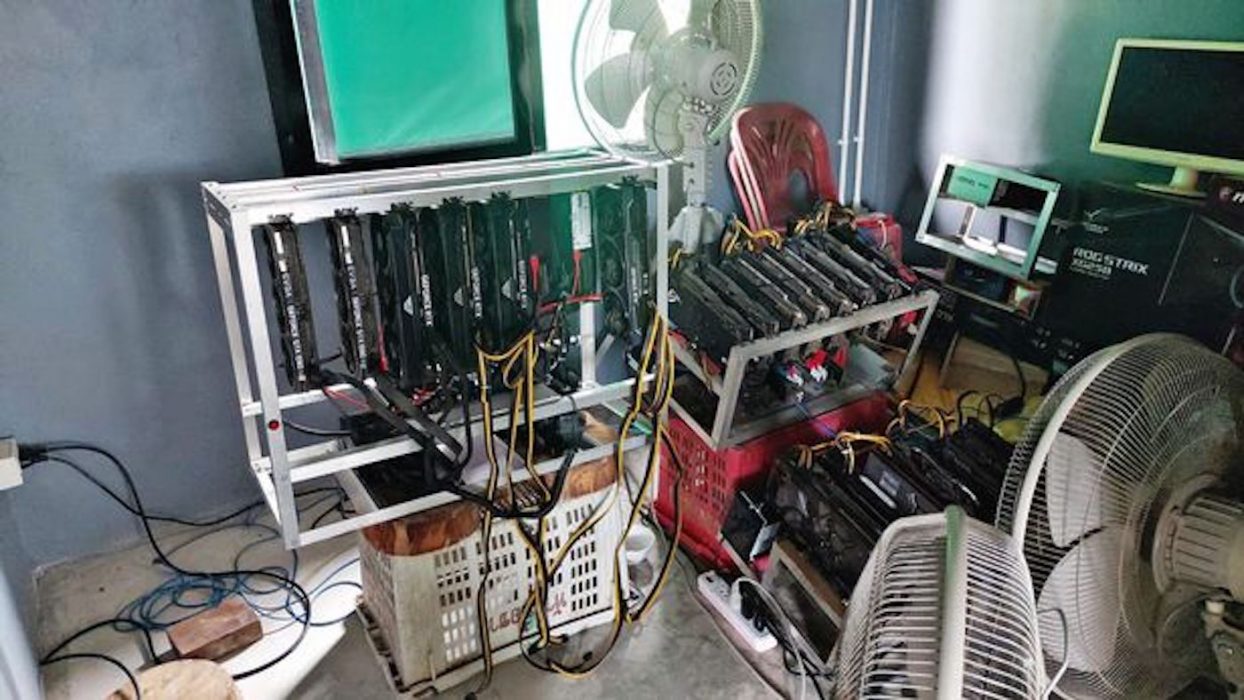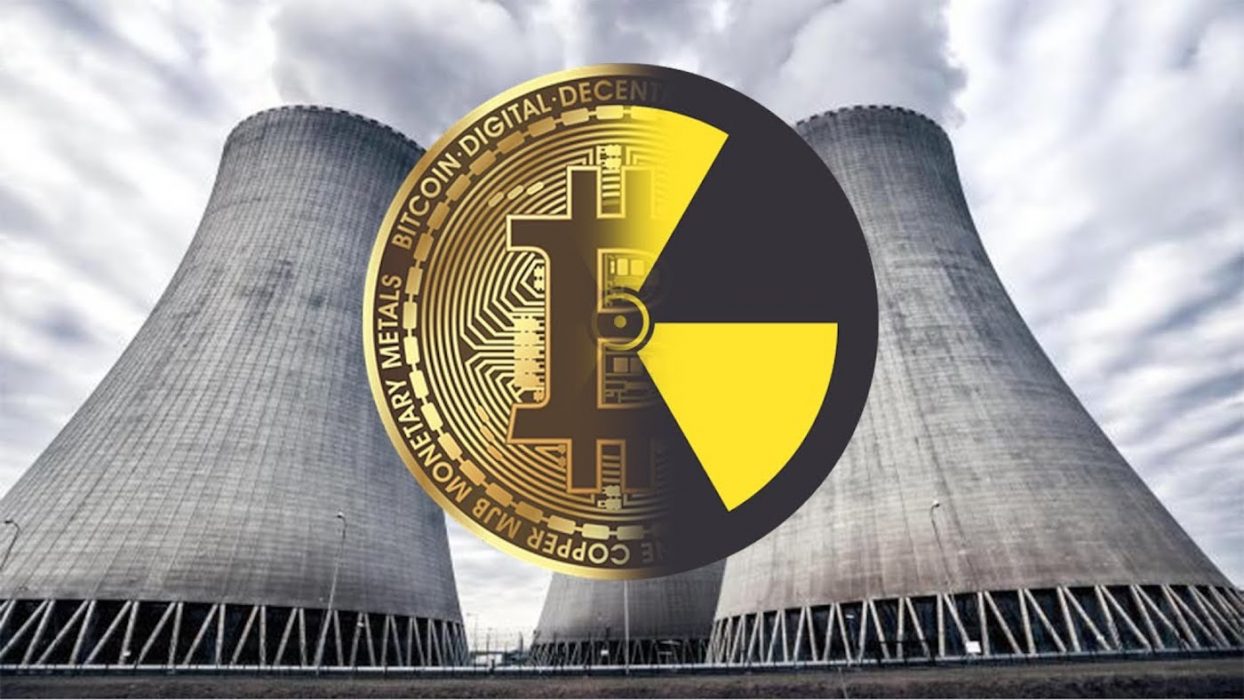Bitcoin miners are incentivised to find cheap and reliable sources of energy. The energy mix varies, but often it is “stranded” or intermittent. Either way, critics tend to draw the conclusion that Bitcoin is “not eco-friendly”.
But what if there was a way to mine bitcoin using energy that would otherwise be wasted? It’s already happening.

Texas Leading the Way
In a discussion panel held on October 8 at the Texas Blockchain Summit, US Senator Ted Cruz displayed a surprising level of understanding of Bitcoin mining energy dynamics and how flared natural gas could be used to mine bitcoin.
The idea is simple enough. Rather than burning it, natural gas flares can (and are) being used to mine bitcoin. In addition to offering a new revenue stream for natural gas energy providers, it also serves to reduce the company’s overall environmental impact.
It’s [the natural gas] being wasted because there is no transmission equipment to get that natural gas where it could be used the way natural gas would ordinarily be employed … Part of the beauty of that [mining bitcoin] is the instant you’re doing it you’re helping the environment enormously, because rather than flaring the natural gas you’re putting it to productive use.
Senator Ted Cruz
Speaking in relation to wasted flared gas, Cruz noted that over half was being burned in the western part of his home state, Texas. This, he suggested, was a boon to the energy industry, rather than a burden:
A lot of the discussion around Bitcoin views Bitcoin as a consumer of energy … The perspective I’m suggesting is very much the reverse, which is as a way to strengthen our energy infrastructure.
Senator Ted Cruz
Nic Carter provided a concise summary of the former Republican presidential candidate’s perspective:
Cruz expressed his belief that the US, but especially Texas, ought to be using natural gas to mine bitcoin, rather than flaring it into the atmosphere.
On the back of persistent and often loud ESG (environment and social governance) concerns, the bitcoin mining industry is gradually shifting towards a more eco-friendly energy mix.
Beyond natural gas flaring, we’ve seen countries like El Salvador invest in mining bitcoin using geothermal energy and, just last month, Australian bank Macquarie announced a deal to partner with Blockstream to establish solar-powered bitcoin mining facilities.
Chinese domination of Bitcoin’s hashrate was long regarded as an existential threat to the network. But with China’s most recent and perhaps most serious ban, that threat has dissipated. ESG remains the primary concern for mainstream institutional adoption. Those arguments are, however, gradually becoming weaker.


